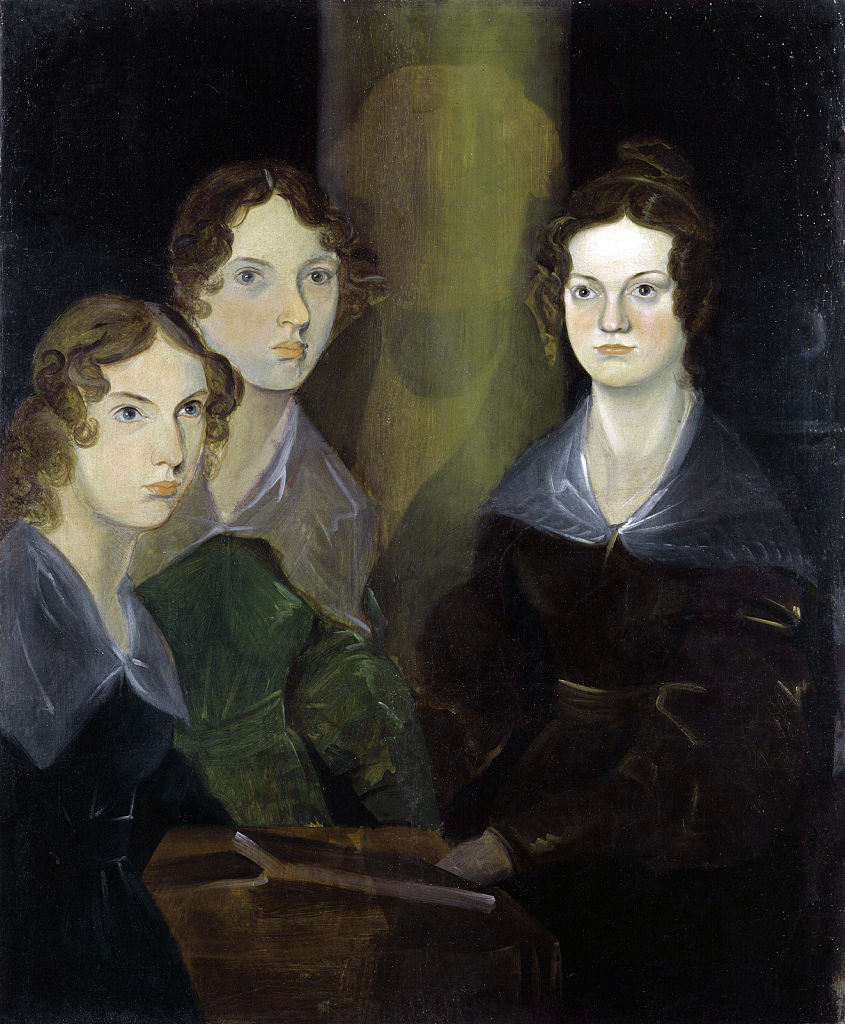
A square in Brussels will be named after the Brontë sisters as part of a wider plan for the “feminization” of public places, more than 178 years after Charlotte and Emily came to the city to study French.
Councillors in the north-west district of Koekelberg voted to name a square at the end of Rue des Braves “Place des Sœurs Brontë” in French or “Zusters Brontë plein” in Dutch on Monday 1 July. The resolution to pay tribute to the English novelists describes the three sisters, including Anne Brontë who never went to Brussels, as “models of emancipation”.
The only mark of the Brontë’s stay in Brussels is a small plaque created in 1979 on the Bozar cultural venue close to the grounds of the school where Charlotte and Emily studied and lived. Until now, the novelists have not been recognised on Brussels’ street names or city walls.
“It’s a wonderful decision especially, as it will be placed in the city’s cultural center. The Brontë’s are one of Brussels’ most important literary links,” says Helen MacEwan, author of the Brontës in Brussels and a founder of the Brussels Brontë Group.
The tribute was first proposed by former Brussels secretary of state and member of the Koekelberg council Robert Delathouwer. “He has long been aware of the Brontë’s link with Brussels, and wants to pay tribute to them in the city that Charlotte depicts in her novels The Professor and Villette. He thinks it’s a great idea to inspire young people,” MacEwan tells TIME.
Charlotte Brontë and her sister Emily, aged 25 and 23, arrived in Brussels in February 1842 after a journey of some 650 kilometers from the Yorkshire village of Haworth. It was the only time the sisters went abroad, says MacEwan. There, they hoped to improve their languages, including French and German, five years before becoming best-selling authors. Charlotte who authored Jane Eyre, stayed for two years while Emily, perhaps best known for her novel Wuthering Heights, stayed for a year due to homesickness. “The Brontë’s were always homesick away from home but they were determined to get on with their studies,” says MacEwan.
The tribute — expected to be made official in early 2021 — is part of plan to dedicate more public place names to women, after the local authority found that the vast majority of its streets and squares named after men. In Koekelberg, almost half of the 70 names of public places are tributes to men (politicians, artists, veterans or those who died for their country). The remaining place names refer to the independence of the country or the end of the World Wars.
Ans Persoons, Alderwoman of Urban Planning and Public Spaces of the City of Brussels, said in March 2019: “We are looking the names of women from Brussels. We want to grant them a more visible space in the neighborhoods in which they have a history.”
More Must-Reads from TIME
- Donald Trump Is TIME's 2024 Person of the Year
- Why We Chose Trump as Person of the Year
- Is Intermittent Fasting Good or Bad for You?
- The 100 Must-Read Books of 2024
- The 20 Best Christmas TV Episodes
- Column: If Optimism Feels Ridiculous Now, Try Hope
- The Future of Climate Action Is Trade Policy
- Merle Bombardieri Is Helping People Make the Baby Decision
Contact us at letters@time.com